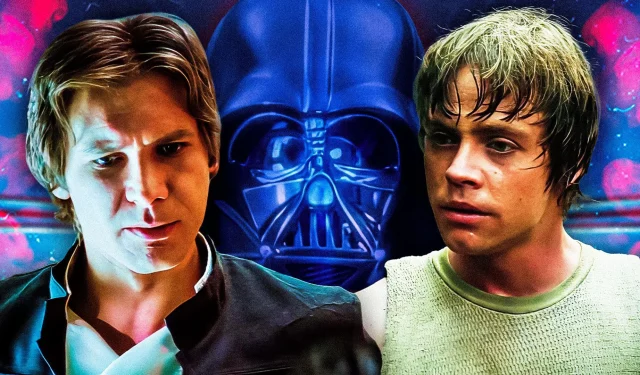Irvin Kershner, the esteemed director behind The Empire Strikes Back, provided valuable insights into the triumph of Star Wars over 45 years ago, insights that continue to hold significance today. The original Star Wars film, which was later renamed A New Hope, debuted in 1977 and quickly became a cultural landmark. Although George Lucas drew inspiration from various genres, including Westerns and Japanese cinema as well as sci-fi classics like Dune and Flash Gordon, Star Wars introduced an innovative blend of hope and wonder that resonated with a diverse audience.
Successfully captivating an audience requires more than just presenting a new narrative universe—be it a galaxy far, far away or not. Viewers need familiar touchpoints that they can relate to while simultaneously feeling inspired. This is where George Lucas and later Irvin Kershner excelled, creating a narrative scaffold that audiences could grasp.
The Intrinsic Contrast of Light and Dark
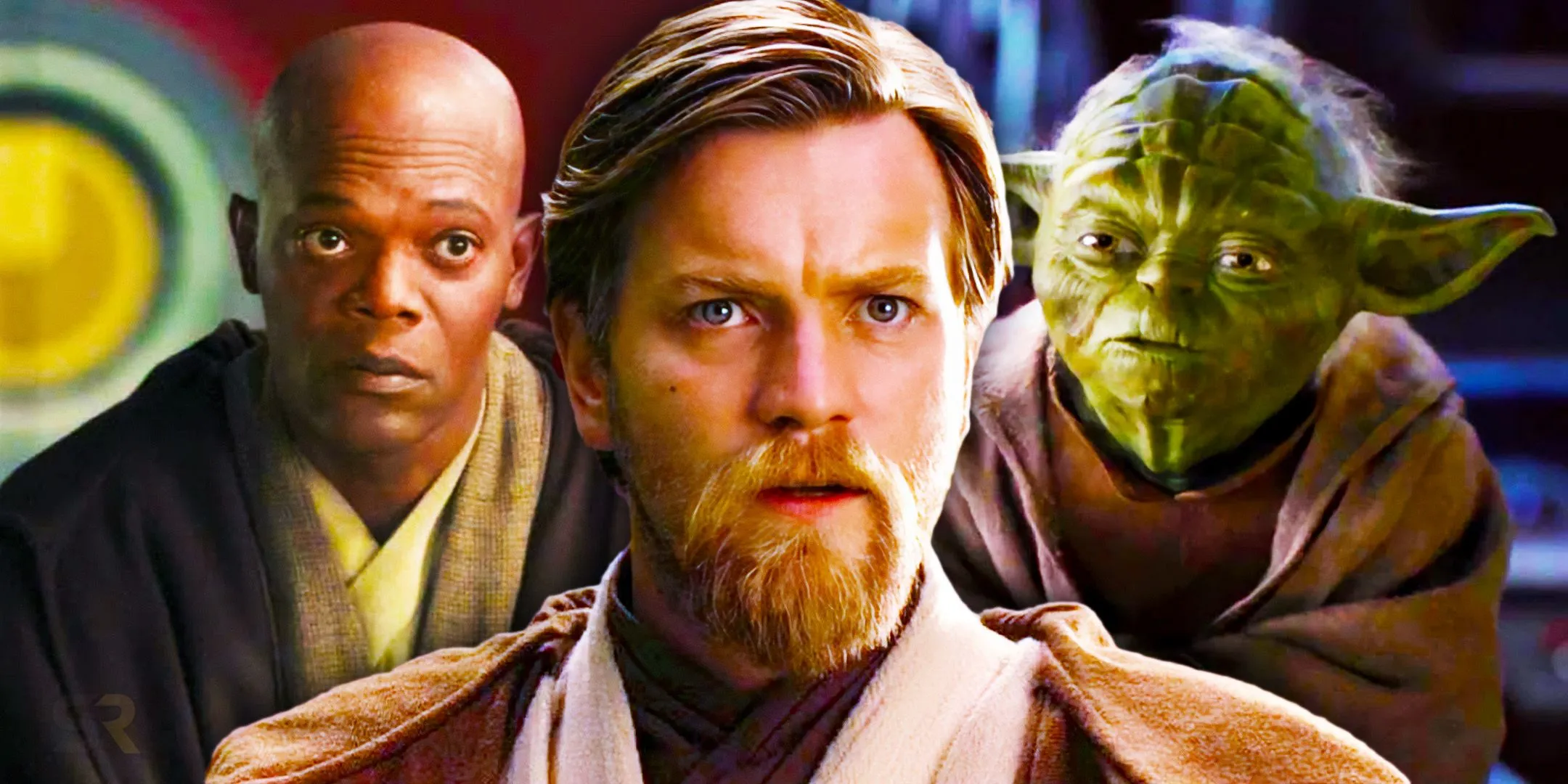
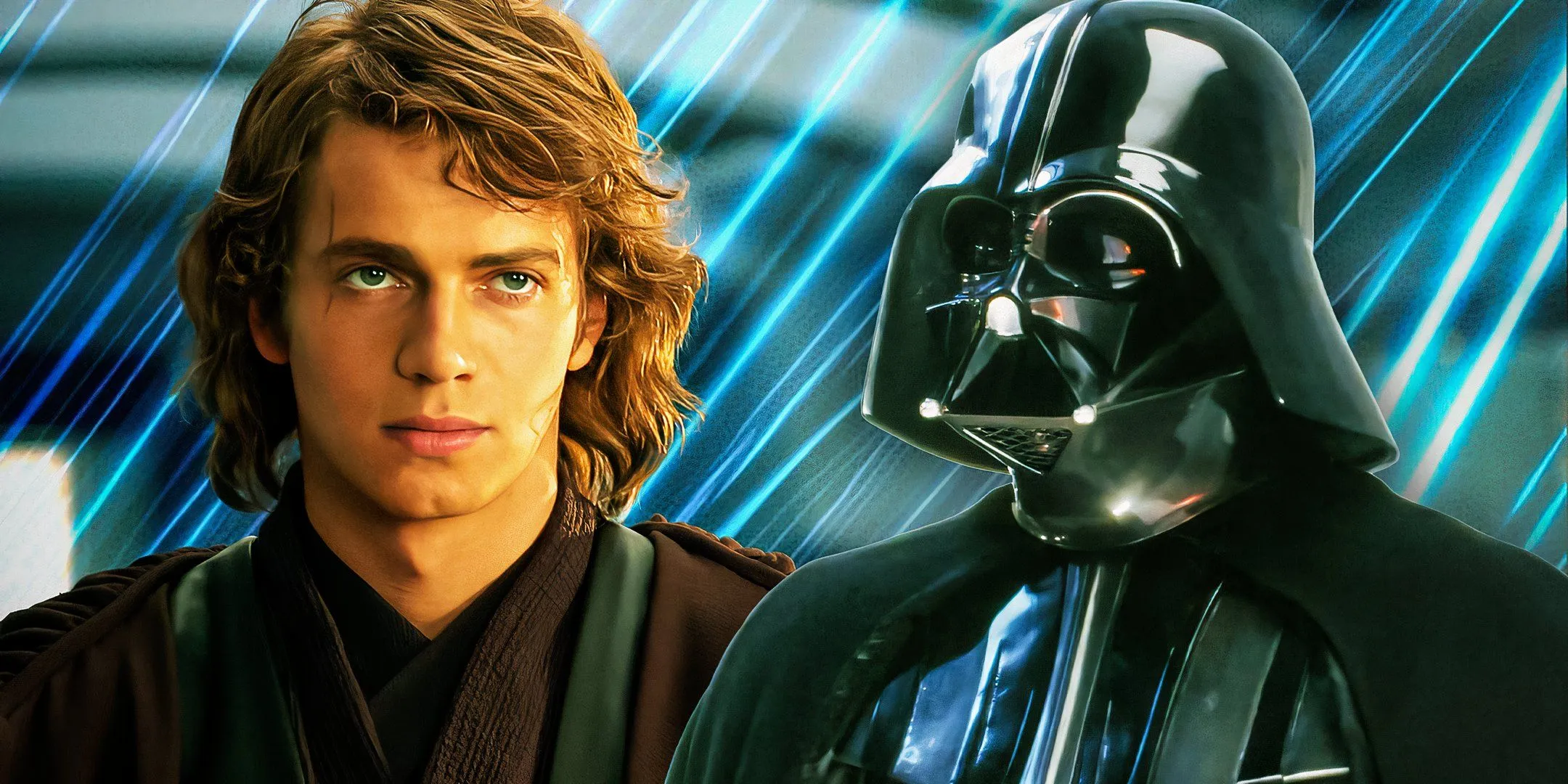
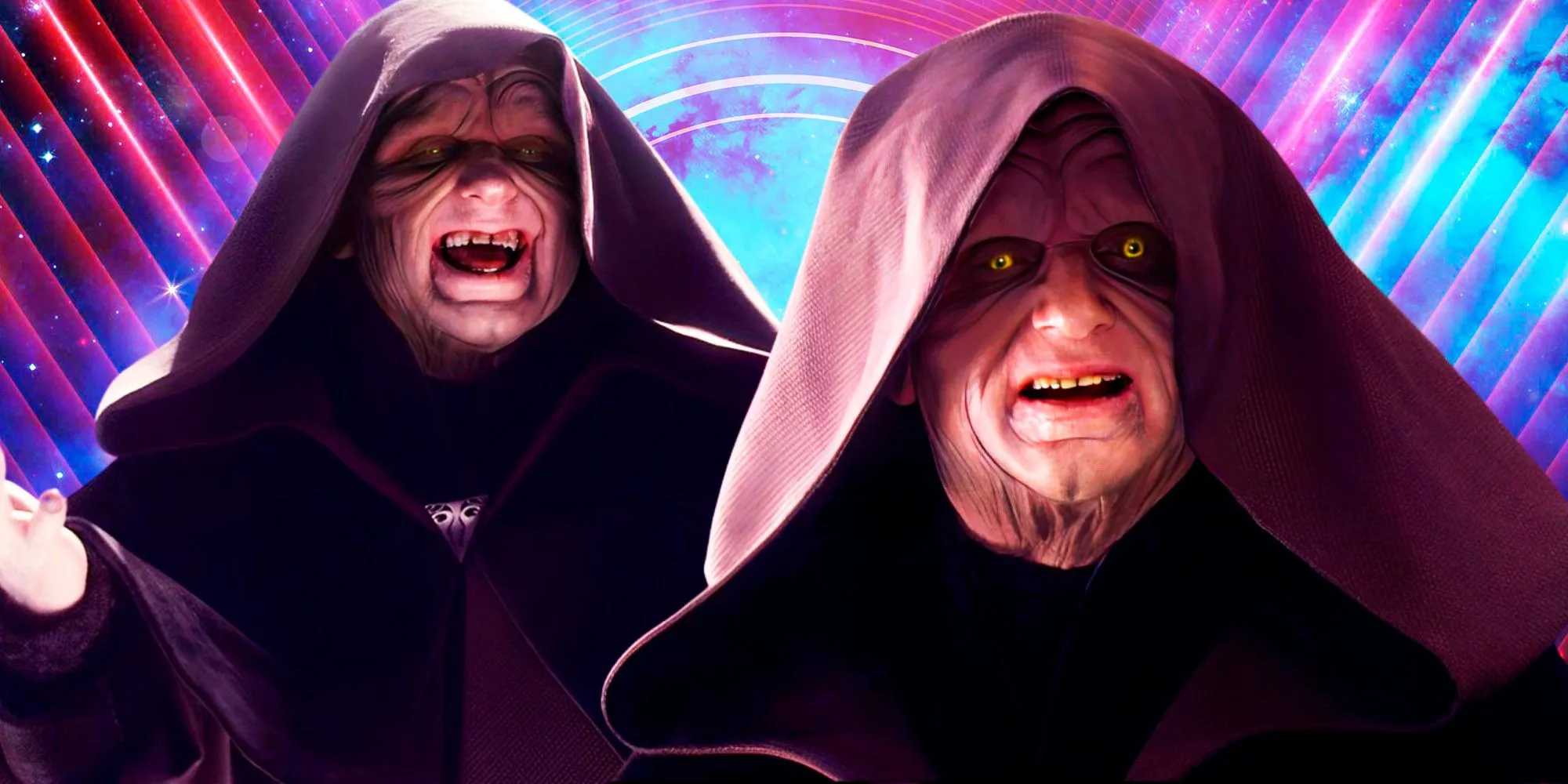
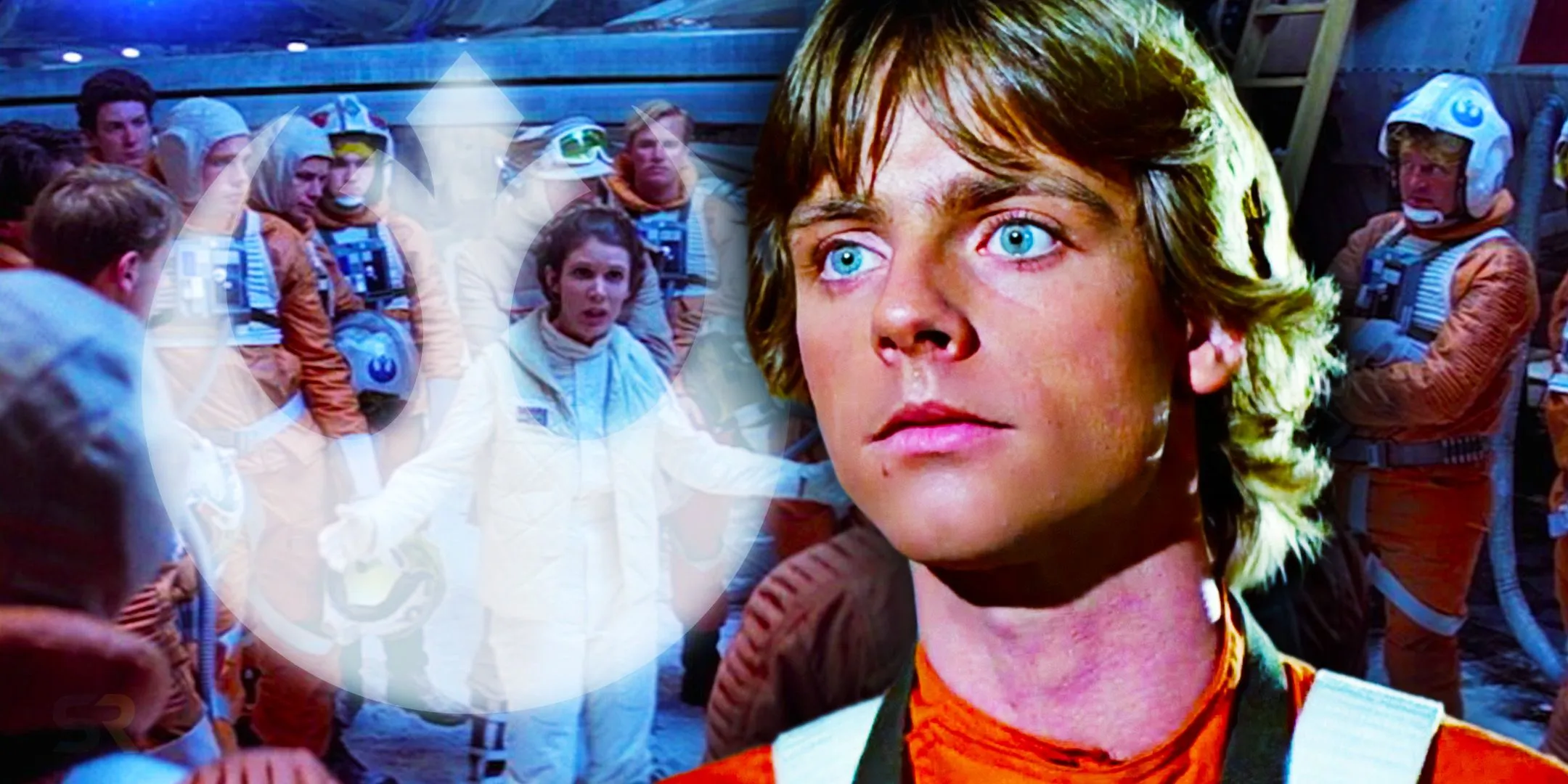
During the time when The Empire Strikes Back premiered, widely hailed as one of cinema’s greatest sequels, Kershner shared his reflections on the film’s broad appeal during an interview with Alan Arnold for Once Upon a Galaxy: A Journal of the Making of The Empire Strikes Back. Kershner elaborated that the franchise captivated not only children but also adults yearning for simplicity, honesty, and a sense of hope.
“I think people today have become confused by a general lack of definition. Everything is in the process of change. Then, suddenly, you see an entertainment where the order of things is clear: this is right, this is wrong; this is good, this is bad; this is effective, this is not effective, and so on.”
Kershner’s insights remain pertinent today, as many seek clarity amid complex global and societal upheavals. Star Wars consistently presents a stark moral dichotomy: the Jedi and the Rebels symbolize hope and righteousness, while the Empire and Darth Vader embody tyranny and malevolence.
The enduring themes of light versus dark, and right against wrong, form the bedrock of the Star Wars narrative. As Kershner articulated, the Rebels’ refusal to descend to the Empire’s level is crucial. “That’s the difference between the Rebels and the Empire. It’s possible to fight because you love, not just because you hate.”
Star Wars offers a fleeting glimpse into our potential for goodness and the very best of humanity. While reality often presents a tangled web of moral ambiguity, the franchise provides a sanctuary where hope can flourish. It resonates with our innate desire to confront oppression for those we cherish—a sentiment that remains vital today.
The Significance of Choice in Star Wars

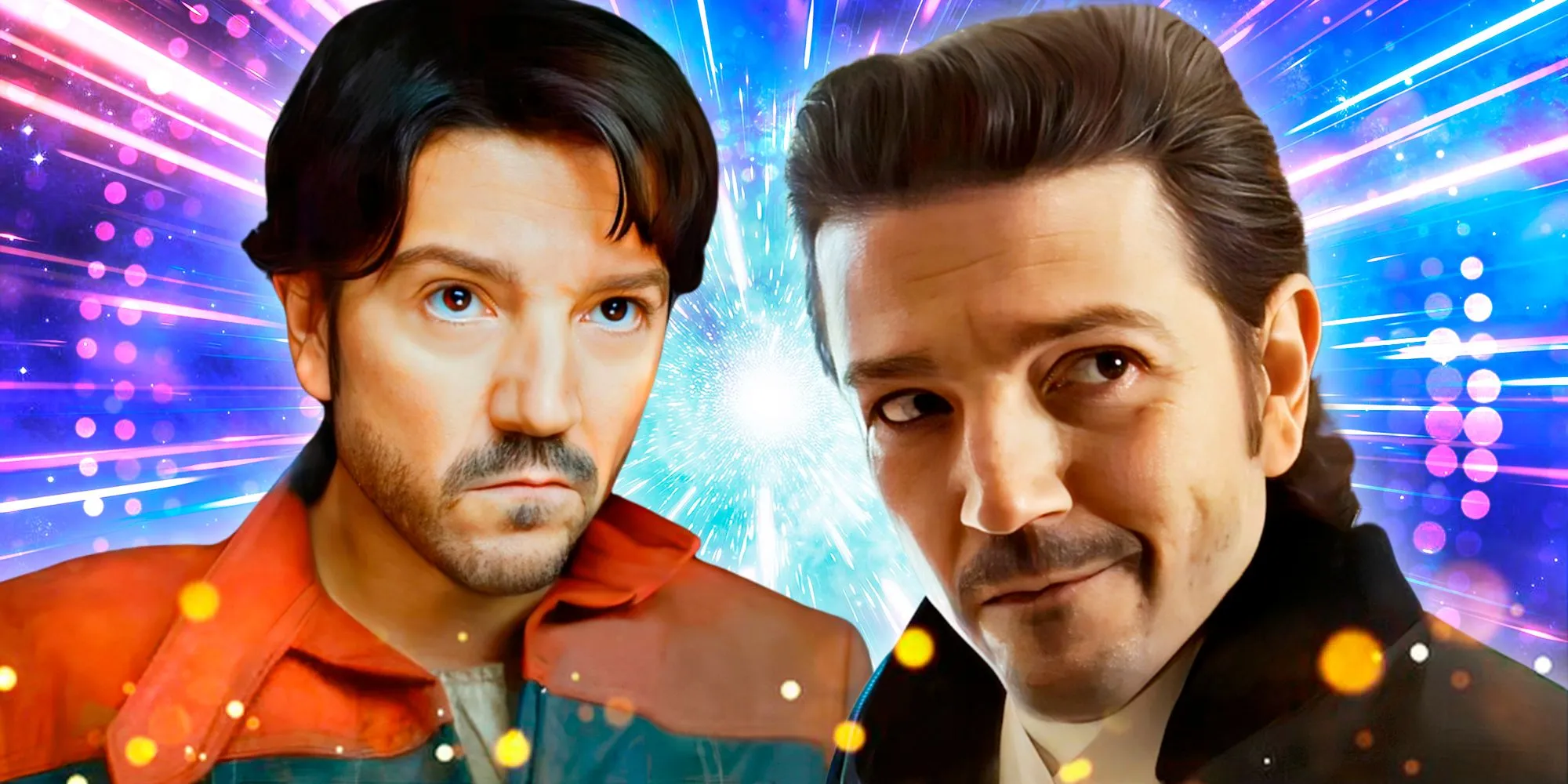
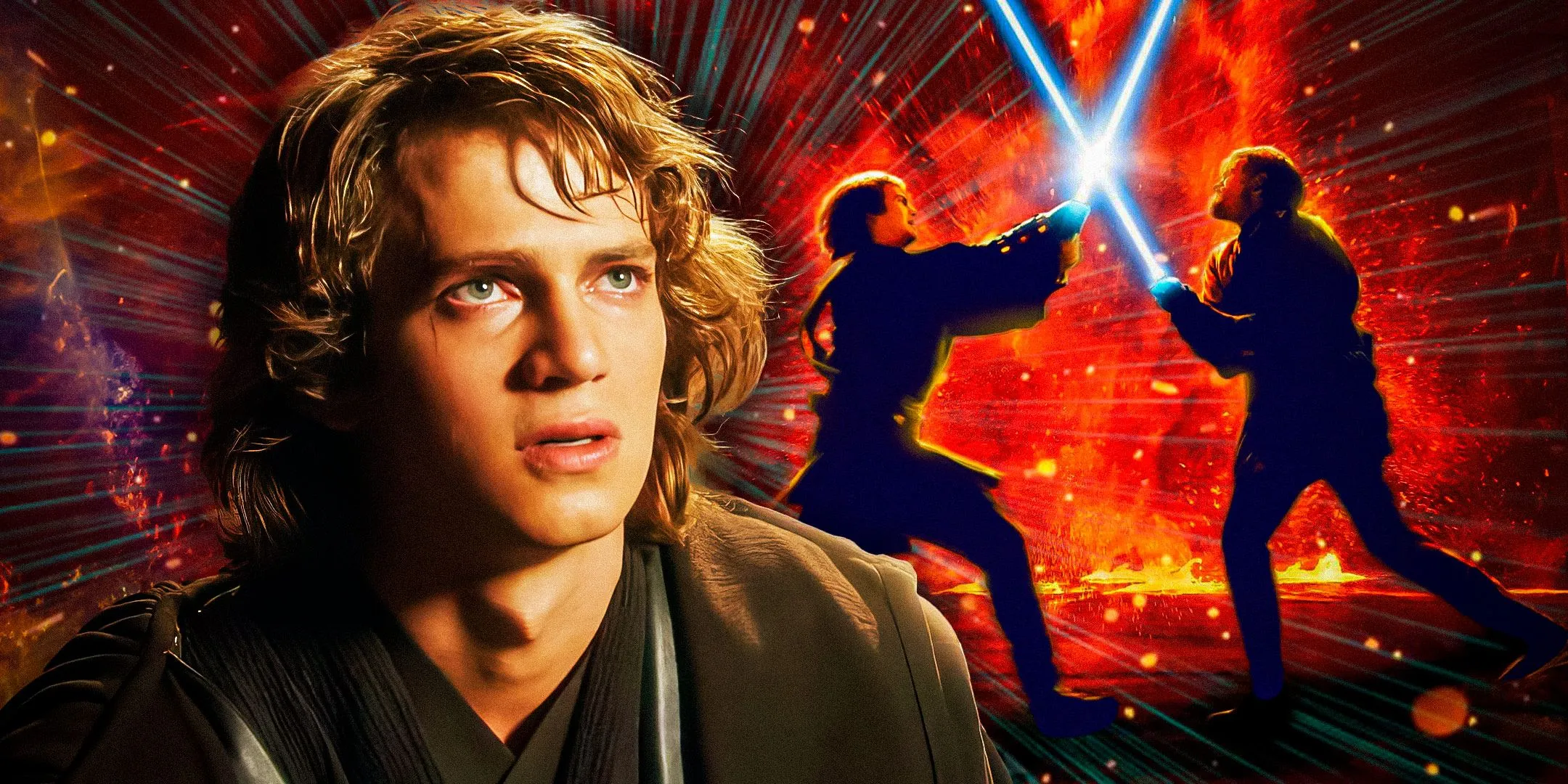

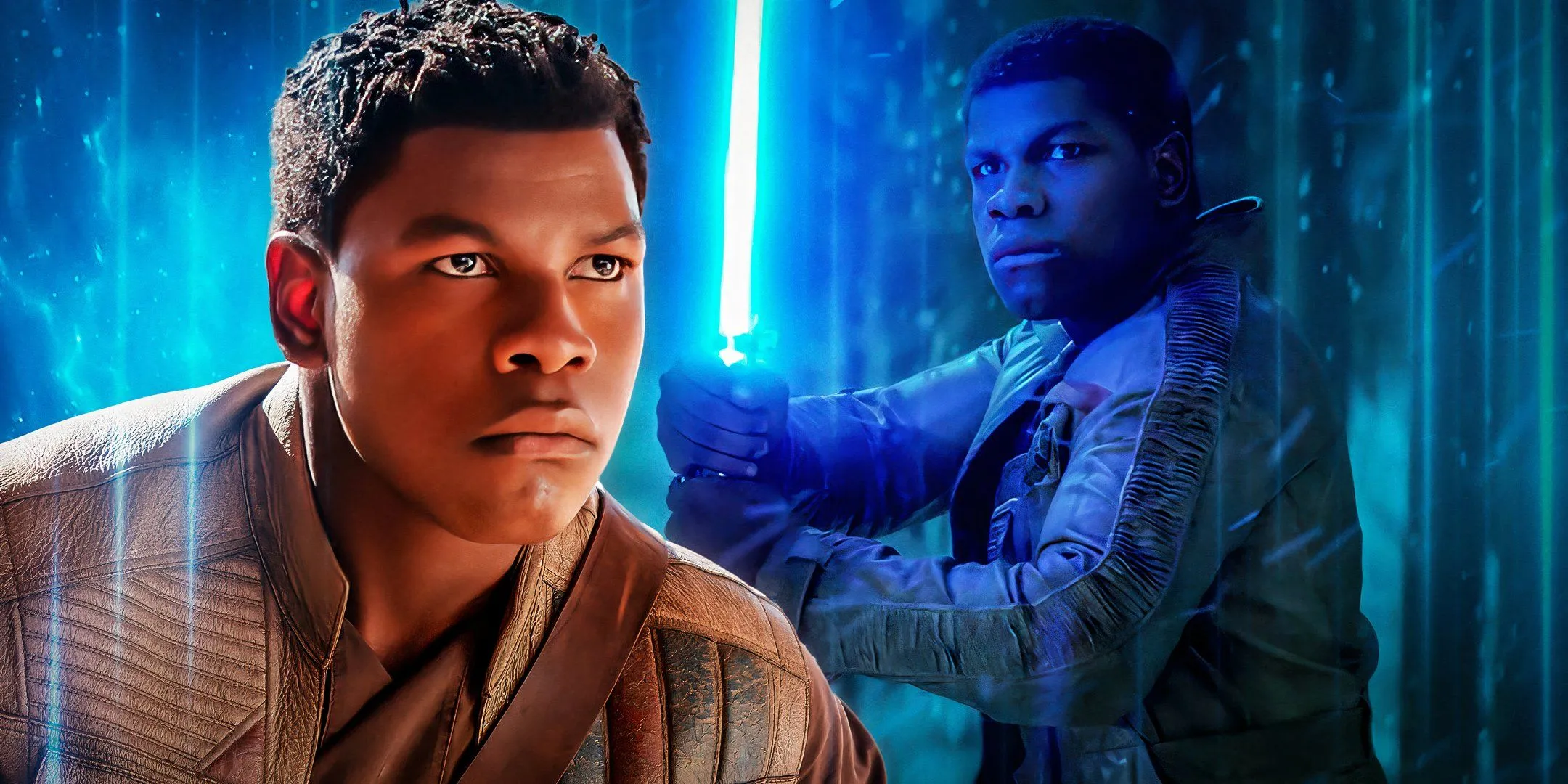
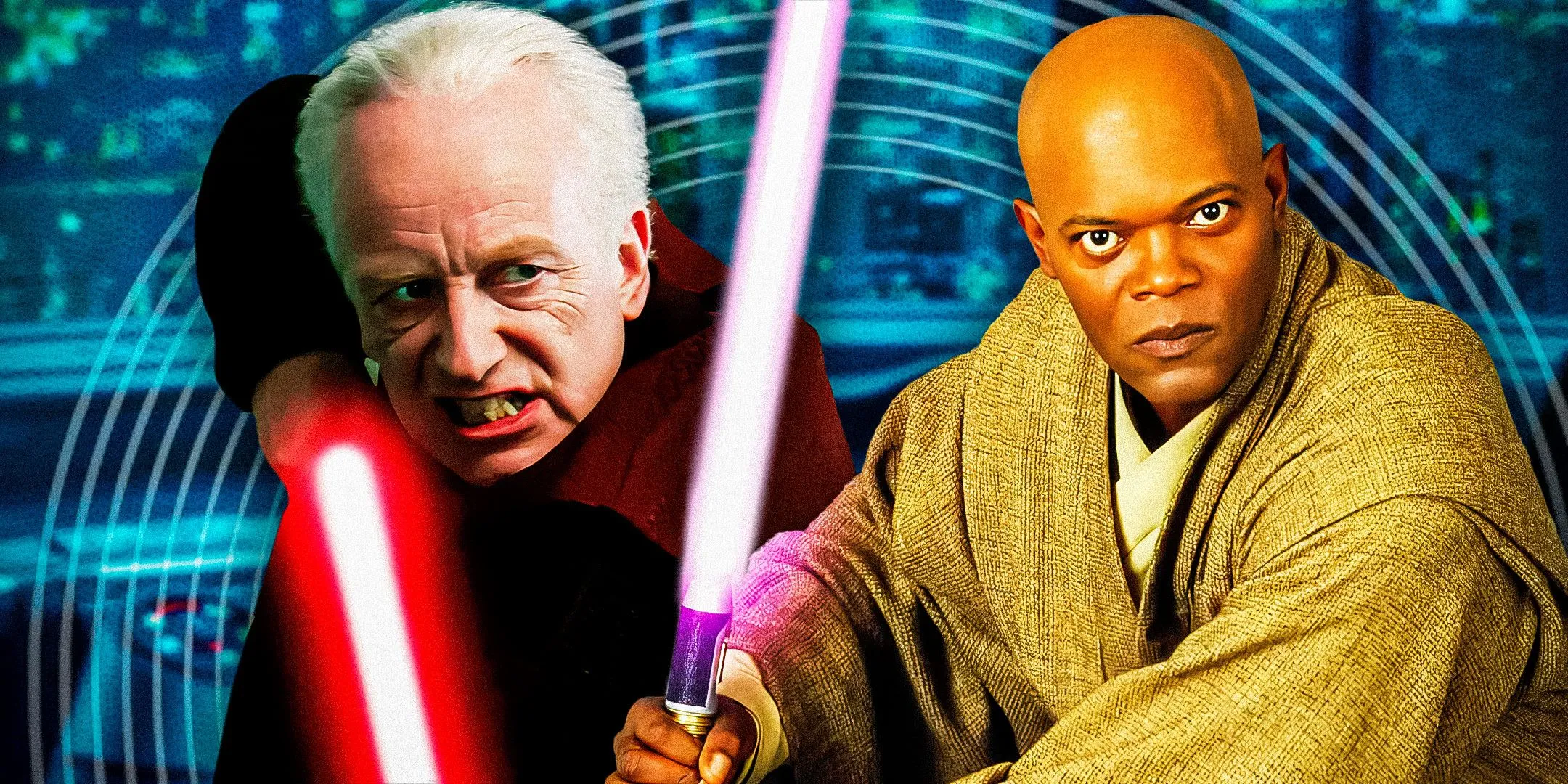
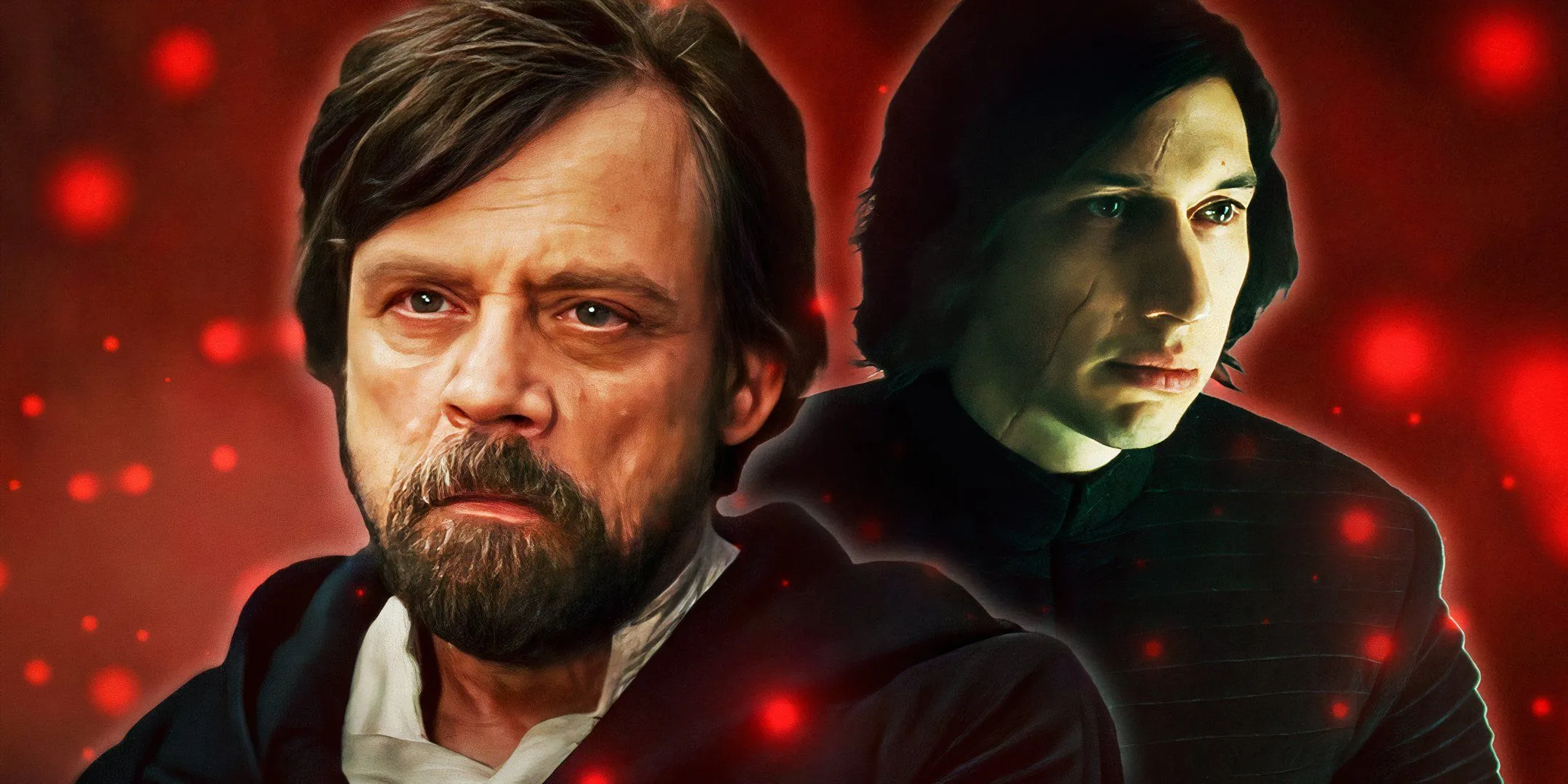
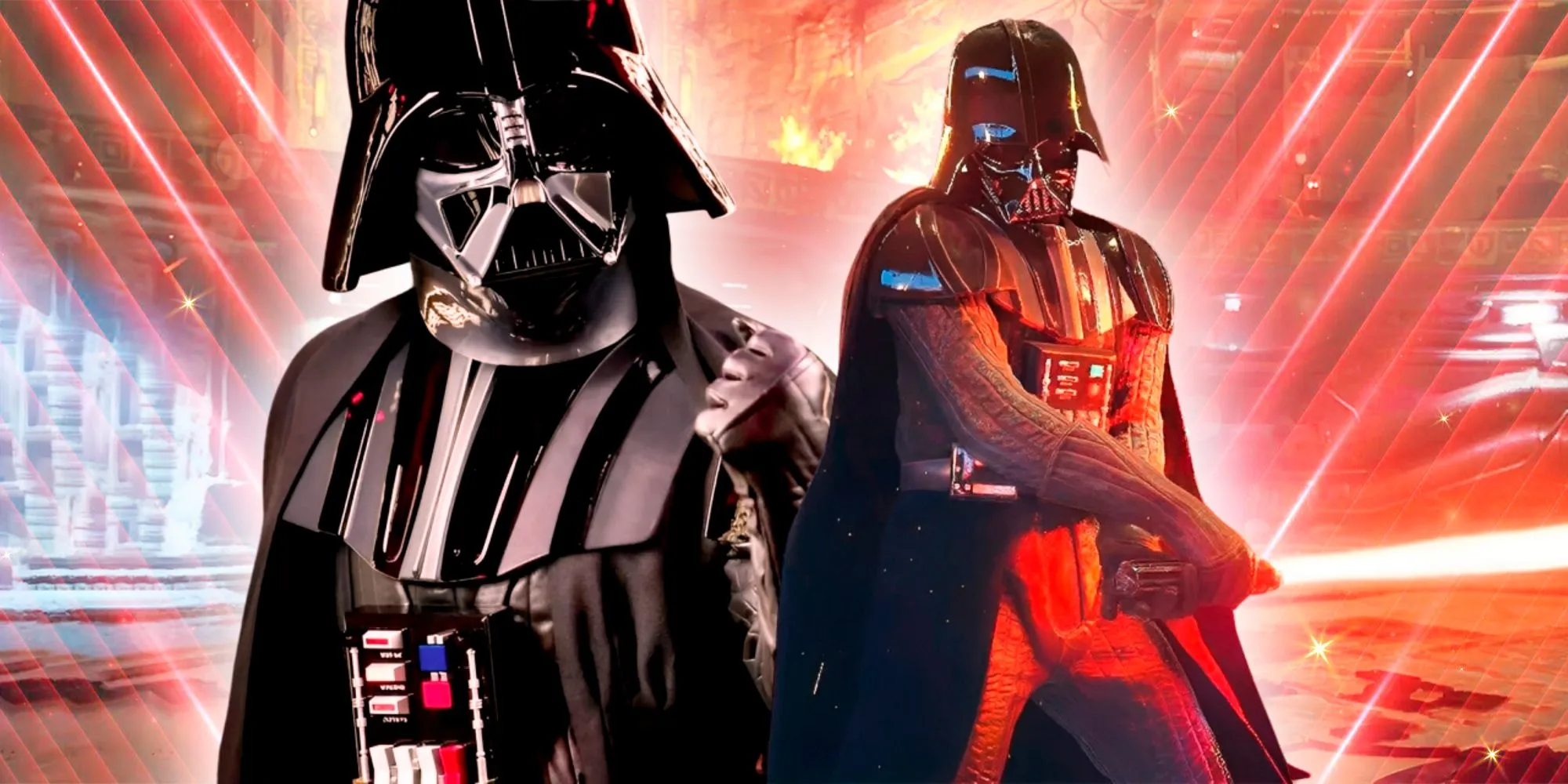
The battle between good and evil serves as a primary axis around which the Star Wars saga revolves, and it is keenly aware that allegiance is a matter of personal choice. The Sith embrace their raw, unrestrained emotions, aligning with the dark side of the Force. In contrast, the Jedi continually reaffirm their commitment to the light, seeking balance and compassion while resisting the pull of temptation.
Characters across the galaxy illustrate this concept. Empire commanders and leaders opted to attend the Imperial Academy, while visionaries like Leia Organa, Bail Organa, and the members of the Ghost Crew chose to champion the Rebellion. Even those who defect from tyranny, including iconic figures such as Han Solo, Finn, and Sabine Wren, made conscious decisions to redefine their paths and values.
Star Wars recognizes that the struggle between right and wrong is a perpetual cycle, shaped by the choices made by its characters. While external influences may sway decisions, it is ultimately the choices that individuals make that forge their identities. This understanding of character-driven choices is what ensures the stories in the Star Wars universe resonate universally and timelessly.
| Upcoming Star Wars Movies | Release Date |
| The Mandalorian and Grogu | May 22, 2026 |
| Shawn Levy’s Star Wars movie | TBD |
| Sharmeen Obaid-Chinoy’s “New Jedi Order” | TBD |
| James Mangold’s “Dawn of the Jedi” | TBD |
| Dave Filoni’s untitled Mandalorian movie | TBD |
